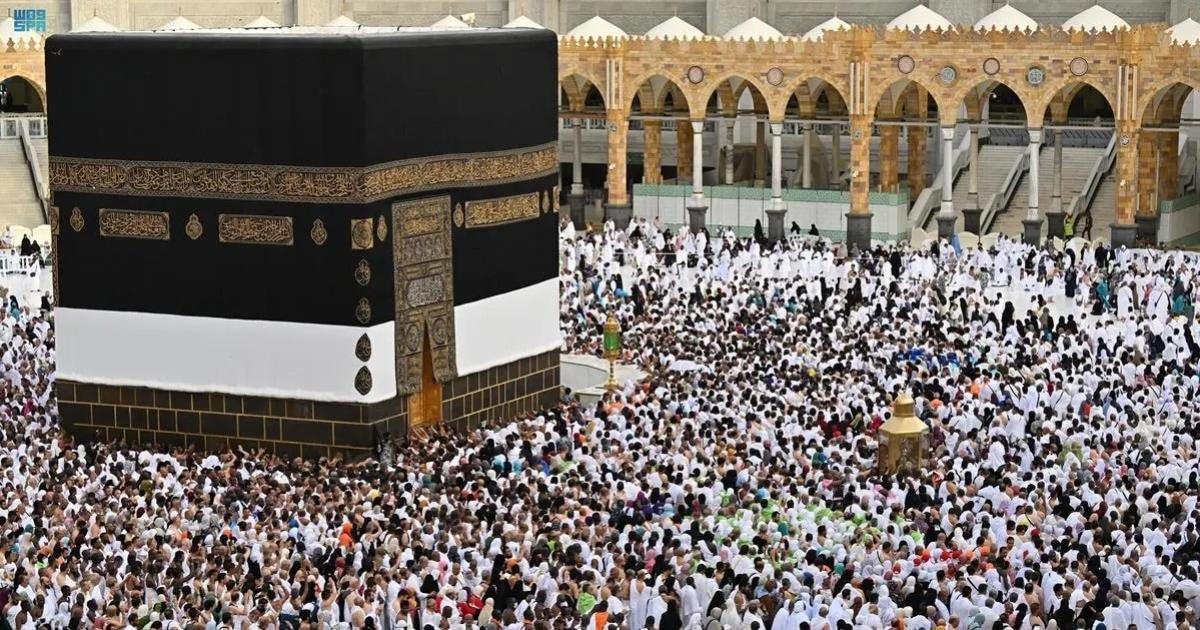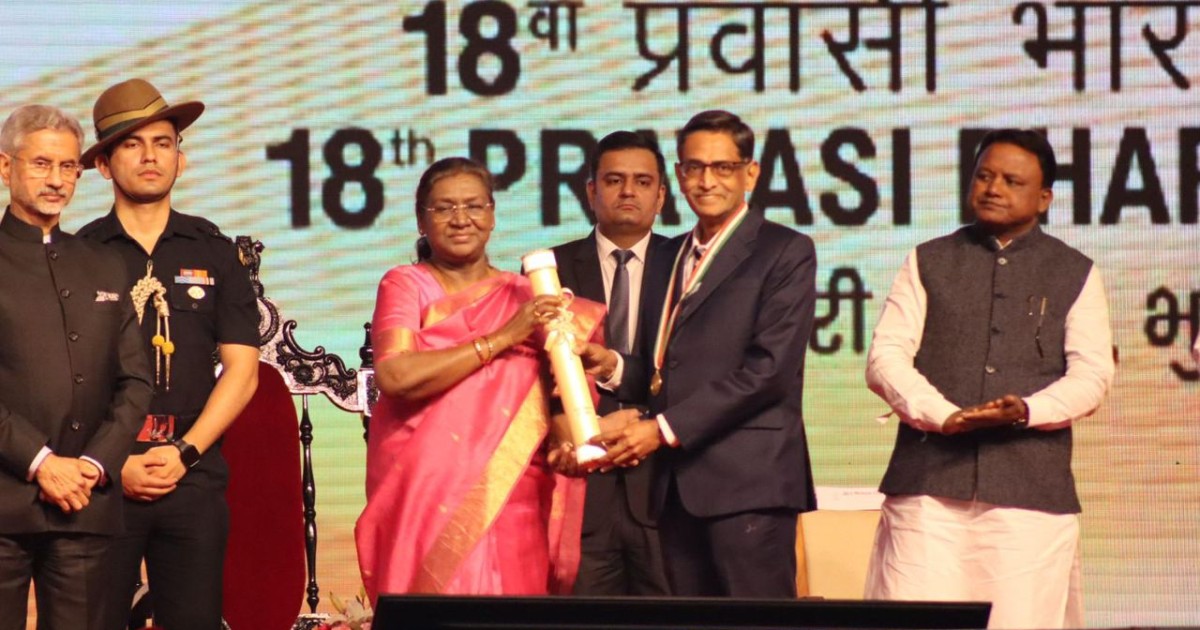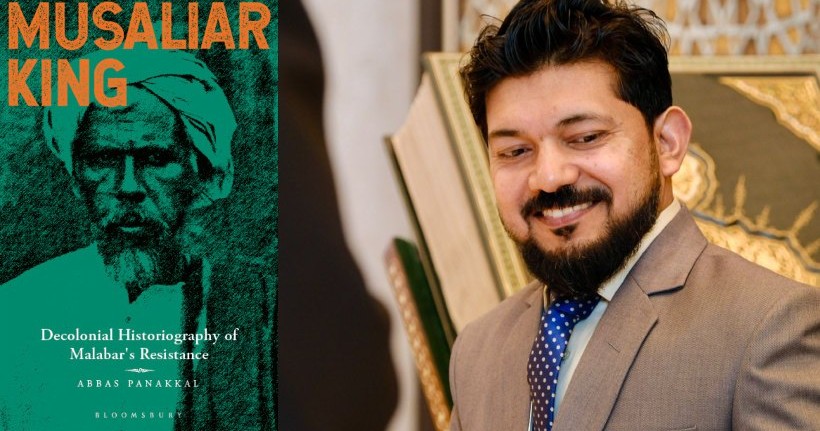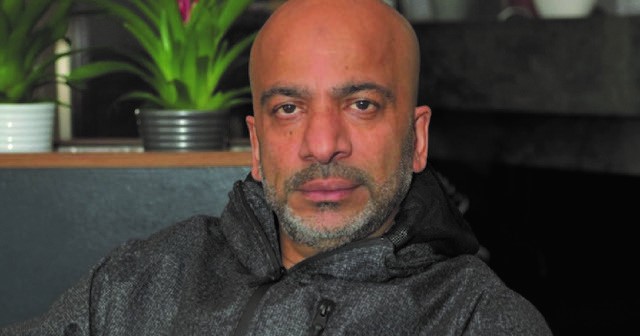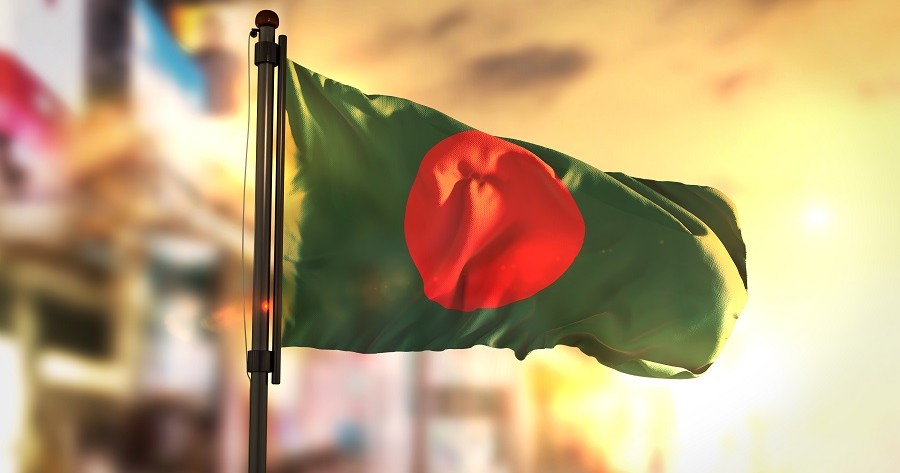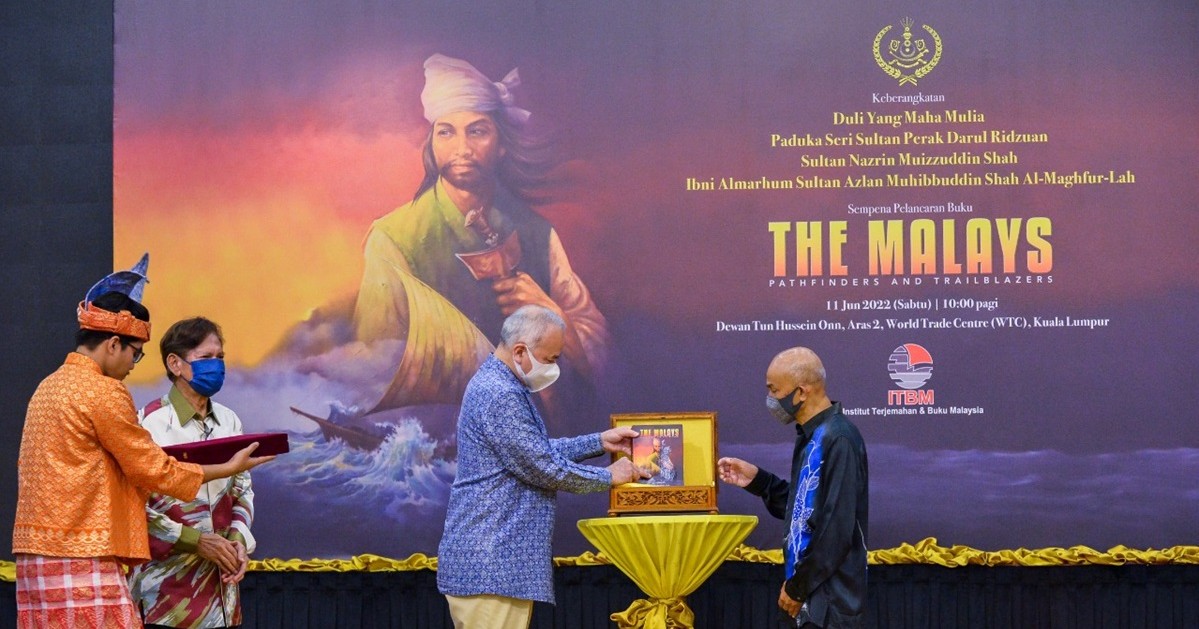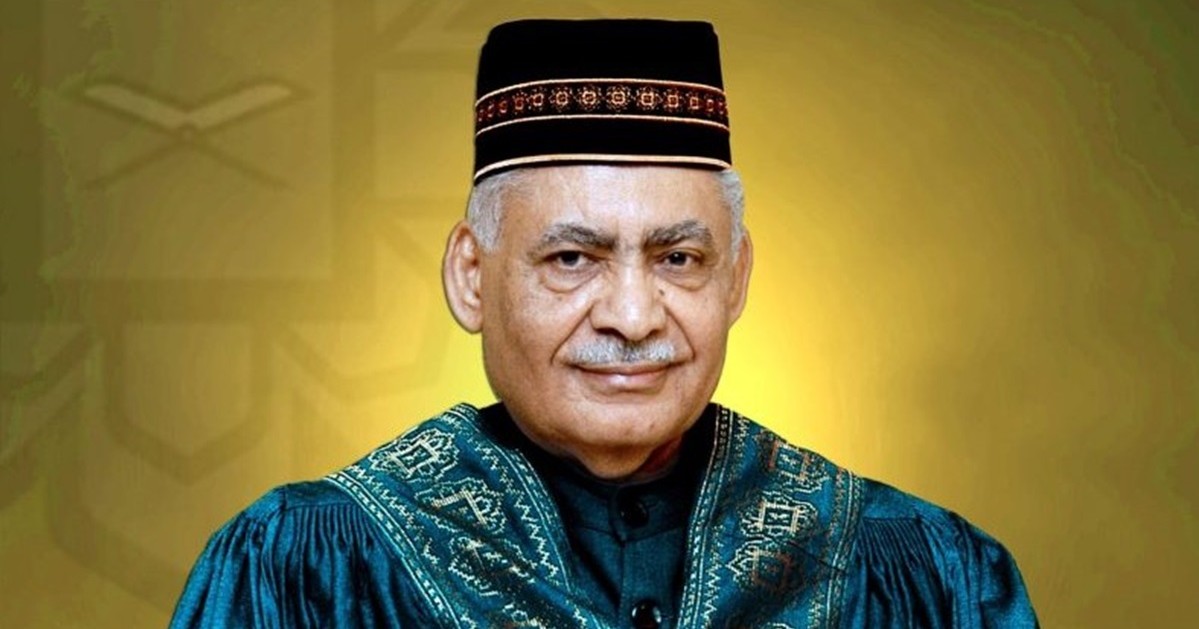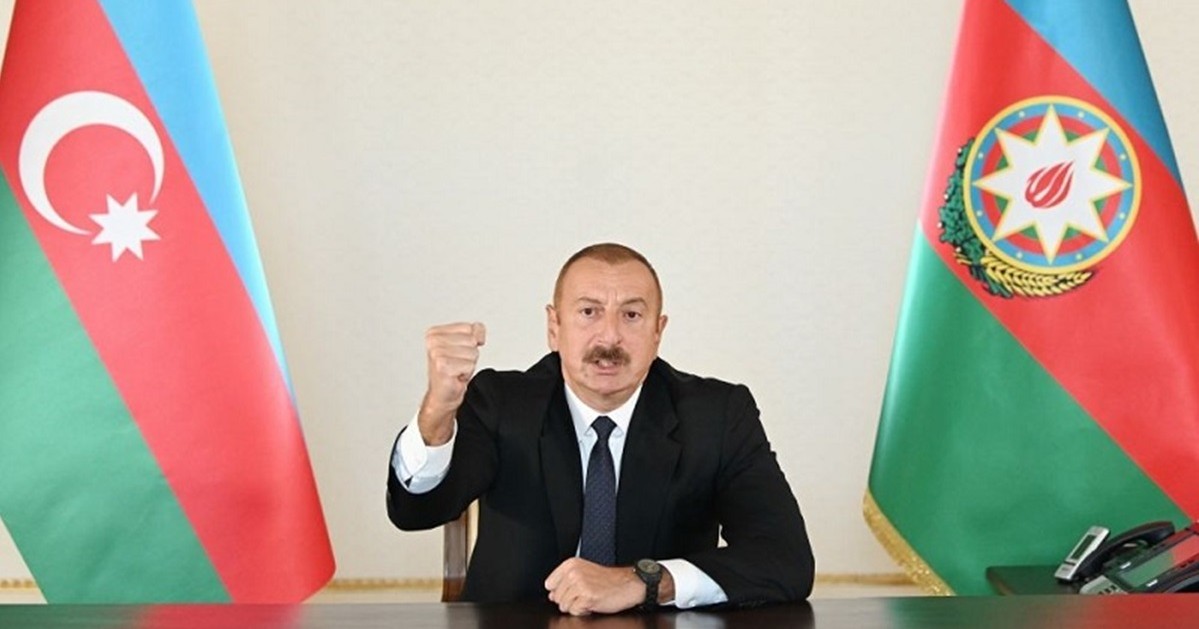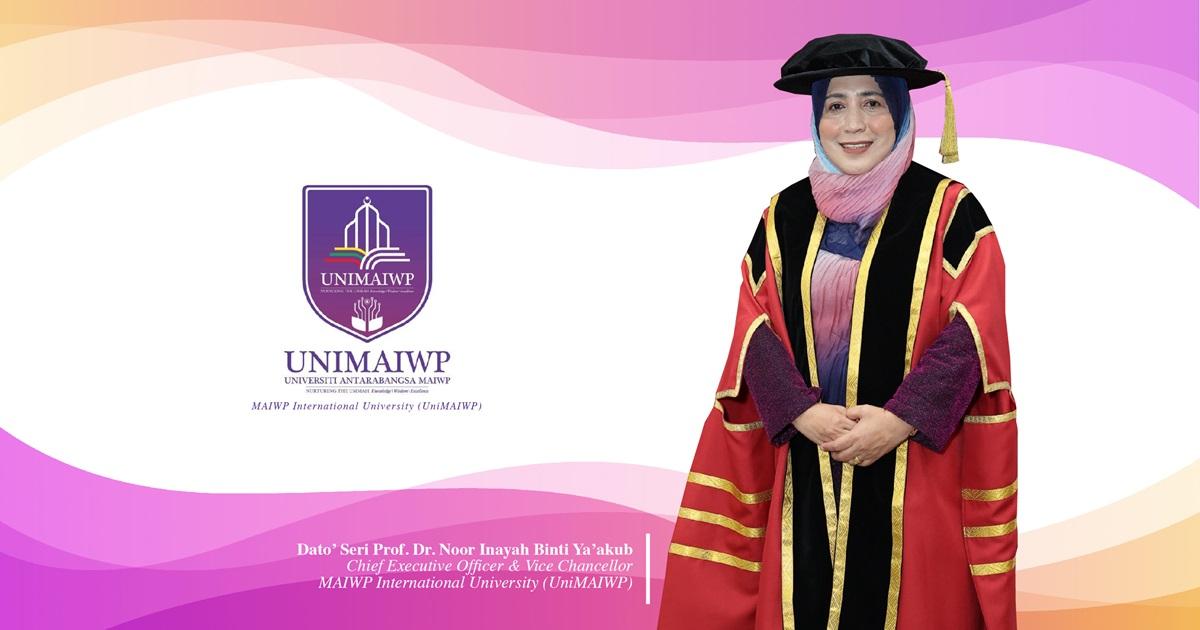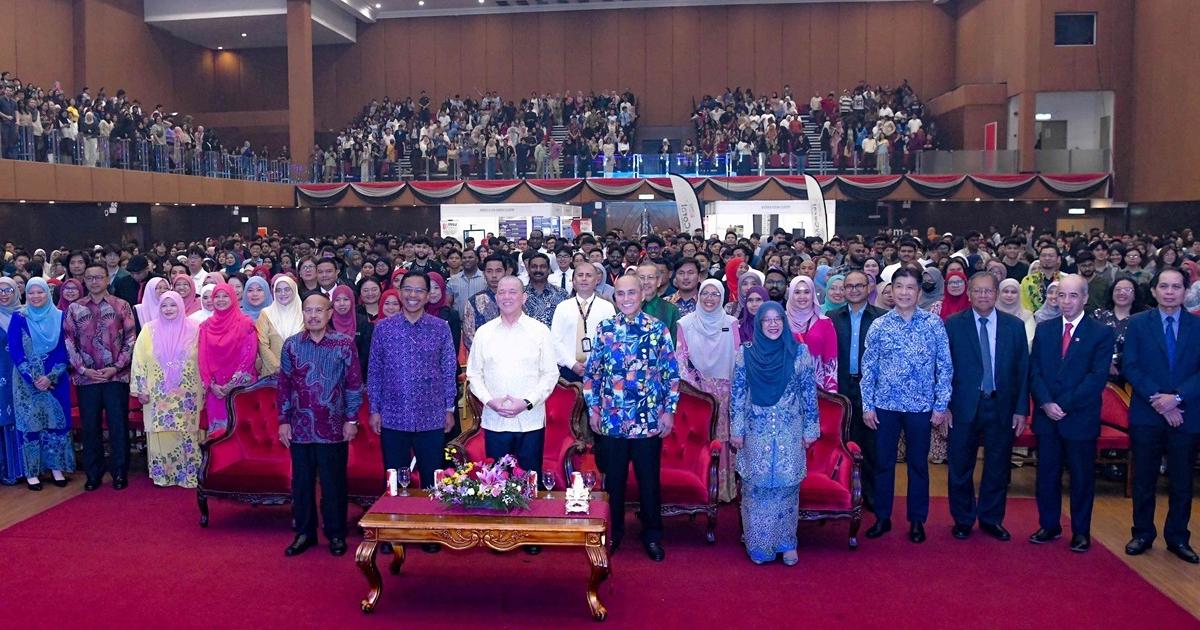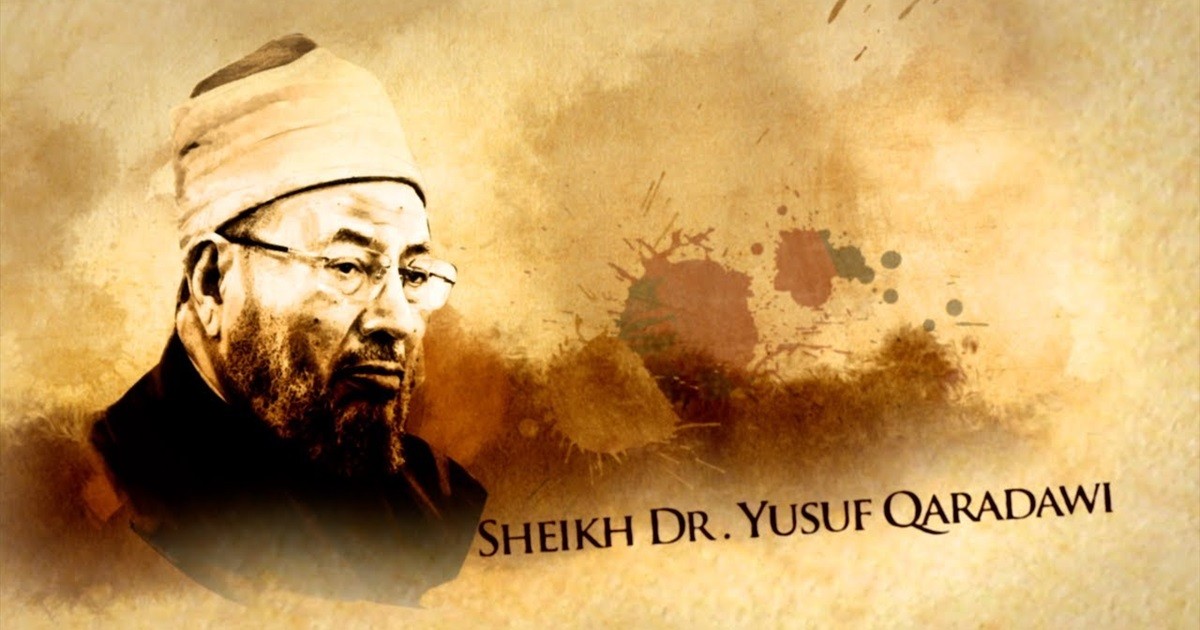
Qaradawi published more than 120 books and delivered countless sermons. He also received eight international prizes for his contributions to Islamic scholarship. He was rightfully considered one of the most influential Islamic scholars of our time.
Prominent Muslim scholar Prof. Dr. Yusuf al-Qaradawi, the Egyptian-born head of the International Union of Muslim Scholars (IUMS), breathed his last on September 26, 2022. He spent almost the entirety of his 96 years’ life on earth by promoting, reforming and serving the religion of Islam and influenced millions globally. He was an intellectual giant who towered over other Muslim scholars of his era. He helped Muslims, to a great extent, to liberate from the self-imposed chains of intellectual servitude, political inertia, dogmatism, lack of spiritual confidence, and religious apathy and led them toward a contextualised, powerful, and obedient observance of their faith.
His ideas, perceptions, and knowledge, which he shared in more than 200 publications and countless hours of lectures, completely transformed Muslim minds and thought across the world.
Living in Qatar in exile
Al-Qaradawi relocated to Qatar in 1961 to work as a teacher, partly to avoid the persecution of Muslim Brotherhood members in Egypt. He would eventually become good friends with Sheikh Ahmad Bin Ali Al Thani, the late Qatari emir, who passed away in 1977. He gained the respect of the emir, who eventually gave him Qatari citizenship.
He also started publishing more often for a larger Muslim readership around this time. The Lawful and the Prohibited in Islam, a manual for Muslims residing in the West, was his first significant publication, which Al-Azhar had commissioned in 1960.

Al-Qaradawi avoided using the comparatively difficult language of traditional Islamic law treatises in order to publish a book that lay readers could easily read and comprehend. He would prove to be extremely productive, producing more than 100 works throughout the course of his lifetime in addition to his clear writing.
Al Jazeera Arabic created a weekly show to which al-Qaradawi began contributing the very first week the station began airing in 1996, recognising the importance of his knowledge and impact. Al-Sharia wa-l-ayah (The Sharia and Life), a weekly religious programme that airs during prime time on the pan-Arabic channel, peaked in popularity with tens of millions of people.
Global Impact
He published and lectured from a Muslim viewpoint on a wide range of topics, from theology and religious practise to democracy, Palestine, and climate change, all in line with his thorough grasp of Islam. But both in the Muslim world and in the West, his opinions regularly sparked debate. He issued a joint religious decree, urging Muslim troops and women in the United States Army to serve in Afghanistan following the 9/11 attacks, which he strongly denounced. Years later, he would withdraw the order and apologise.
His most significant contributions came at the conclusion of his tenure, during the 2011 Arab upheavals. The most outspoken Muslim scholar with international renown who supported the 2011 protests against the Middle Eastern autocratic rulers is Al-Qaradawi.In reality, he drew on writings from decades before in which he had argued that nonviolent revolution might topple oppressive governments and aid in the establishment of the kind of Muslim democracy he had long favoured.
Al-Qaradawi’s Legacy
Unlike many other contemporary Islamic scholars/academics, who bow in front of any rulers in exchange for political favours, he did not. In order to pursue worldly pleasure and materialistic rewards, he did not compromise his values, principles and beliefs. If only he had sacrificed any of his ideals throughout his life, he might have attained numerous important positions and favours in his own nation. Therefore, his legacy will inspire people to stand up to power and speak against injustice.
His ability to discuss and debate openly, even with individuals who held opposing viewpoints, through his writing and lectures would decide his legacy. The fact that oppressive and dictatorial governments trembled in fear of what he would say about them created his legacy. Millions of people throughout the world who miss him and pray for him are carrying on his legacy.
Given his lengthy public career, he will likely be most known for his support of the Palestinian cause and his crusade for democratic change in the Middle East with an Islamic influence. Although none of those objectives was fully accomplished, his experience is likely to serve as an example for Muslim activists and intellectuals in the years to come.
- Business News 100
- Country News 16
- Feature News 30
- International News 151
- Interview News 35
- National News 18





